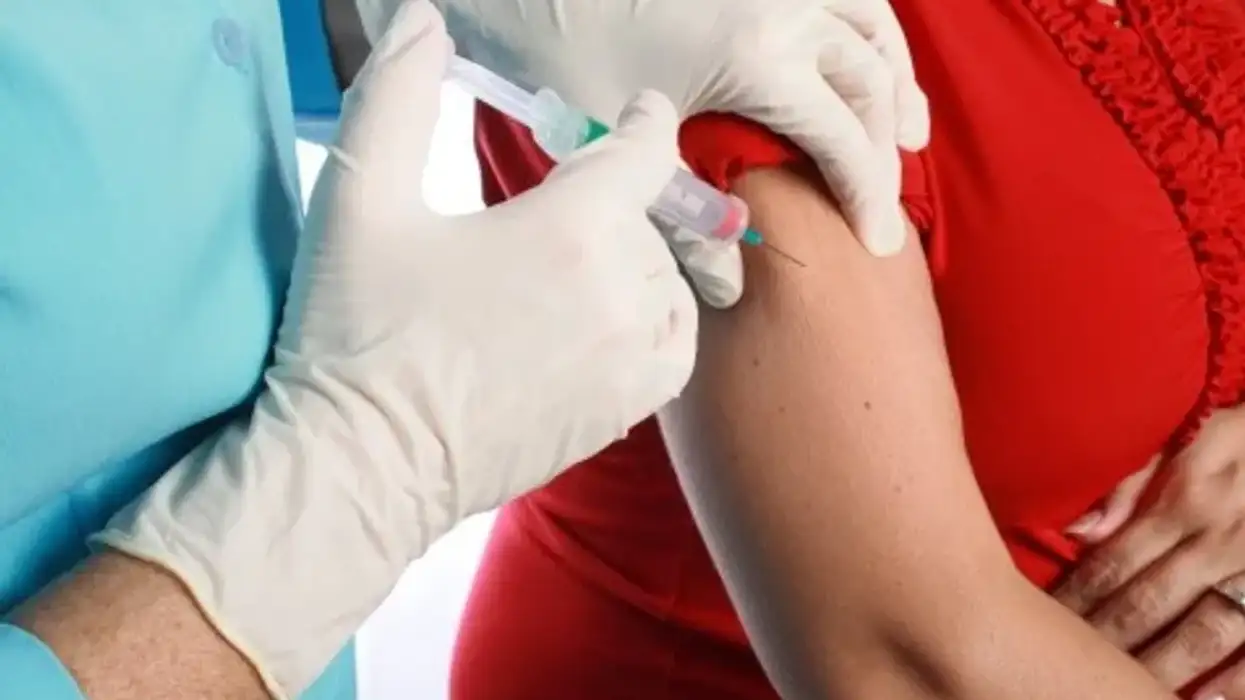Nearly all pharmacy owners in England who participated in the NPA ballot voted to reduce their opening hours to the minimum required by their contract
Community pharmacies are bracing themselves to withdraw services from patients after an industry ballot supported plans for major action unless the government provided a significant increase in funding for the sector.
The National Pharmacy Association (NPA) on Tuesday (12) announced the results of an unprecedented collective action ballot in which nearly all pharmacy owners, who participated in the ballot, voted to limit their services, insisting that a lack of additional funding is jeopardising patients health and safety.
Over 63 per cent of NPA members in England, Wales and Northern Ireland took part in the ballot– representing 3,049 independent community pharmacies in England alone, or 3,399 with Wales and Northern Ireland included.
Nearly 98 per cent of pharmacy owners in England voted to reduce their opening hours to the minimum required by their contract. This could result in fewer pharmacies remaining open during evenings and weekends.
More than 93 per cent voted to stop offering “unfunded” free home deliveries of medicines, and over 96 per cent voted to withdraw from locally commissioned services, including certain addiction support, emergency contraception, and stop smoking services.
Almost all voted to refuse cooperation with data requests from other healthcare providers beyond what is necessary for patient safety and contractual requirements.
The majority of pharmacy owners also voted to stop supplying free monitored dose systems (medicine packs) that are not funded by the NHS, except those covered by the Disability Discrimination Act.
Commenting on the ballot result, NPA chair Nick Kaye said: “Pharmacies don’t want to reduce services but we will be left with no option but to suggest that pharmacy owners should consider acting on the clear ballot results if government does not act to protect this vital and much-loved part of our health service.”
He highlighted that pharmacies have been forced into an “untenable position” by a decade of underfunding, leading to a record number of closures.
According to NPA, 700 pharmacies have shut down in England alone in the last two years.
The association has expressed concern that the Budget will push more pharmacies on the verge of closure.
“The sense of anger among pharmacy owners has been intensified exponentially by the Budget – with its hike in National Insurance employers’ contributions and the unfunded National Living Wage increase – which has tipped even more pharmacies to the brink,” Kaye said.
It has urged the government to meet and discuss a new funding deal for pharmacies and modernisation of pharmacy with a funded expansion of clinical services.
Last month, at the Pharmacy Business Awards, pharmacy minister Stephen Kinnock said contract negotiations are going to be “moved forward as rapidly as possible” without giving a definitive date on when the new contract will be announced.













